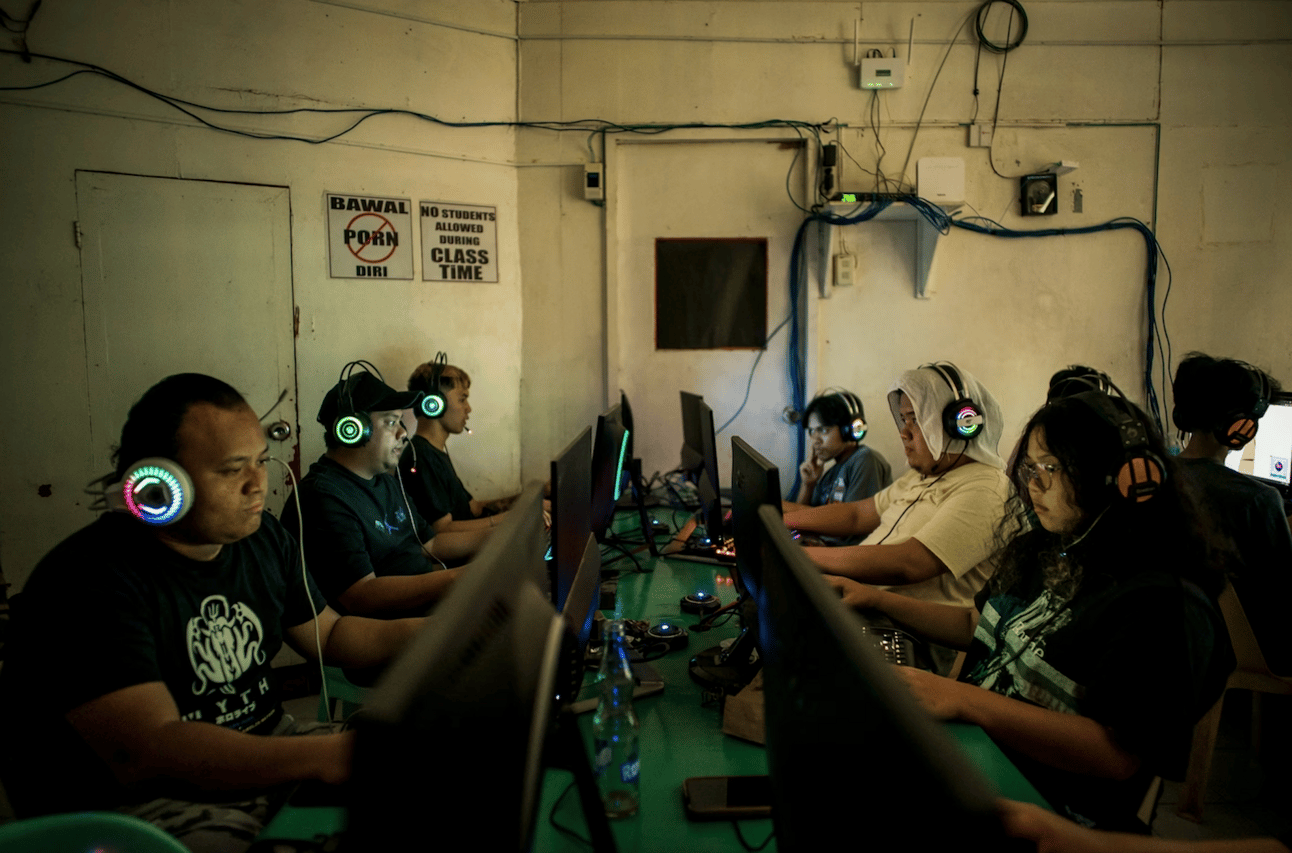
Happy Tuesday! Like every other weekday, we have the freshest updates in the world of AI for you, served right to your inbox. 🙌
Today’s Menu
Appetizer: PayPal to protect payment security with AI 🦾
Entrée: Air Force wants $5.8B for AI-driven aircrafts 🛫
Dessert: Is AI producing “digital sweatshops”? 😬
🔨 AI TOOLS OF THE DAY
🌅 Background.lol: Whip up stunning wallpapers in mere seconds. → check it out
👨👩👦 FutureKid: Generate pictures of your future kids using just one image of each parent. → check it out
🎥 Klap: Generate TikToks, Shorts, and Reels from your YouTube videos in a click using AI. → check it out
PAYPAL TO PROTECT PAYMENT SECURITY WITH AI 🦾

What is the definition of “PayPal”?: A Homie who pays all the bills. 🤑
What’s up? PayPal is looking to leverage the potential of AI to enhance operations and secure payments.
What’s the issue being addressed? With AI-powered tools, fraudsters and hackers can now create entire identities, more realistic than in the past, presenting new challenges for safeguarding customer data.
How is PayPal using AI? PayPal is introducing a variety of AI-driven services aimed at protecting user privacy and security. One of these is a checkout feature that monitors all the permutations of a user’s addresses and personal information that might be used, and uses AI to predict the information that might be shared with a certain merchant, taking note of uncommon patterns and potential “fund check” tests of an account which can be indications of misuse. John Kim, chief product officer for PayPal, stated, “We currently try to detect unusual patterns—for example, patterns where fraudsters are trying to test your stolen card out to see if it’s good or not—and alert you through the PayPal wallet so you can get that card shut down with your bank quickly. But detecting these patterns can get really complicated, and the patterns can change on the fly, so AI we believe will help us anticipate these changes and keep us ahead.”
AIR FORCE WANTS $5.8B FOR AI-DRIVEN AIRCRAFTS 🛫

New military proposals surrounding AI have people in a tizzy. 🤨
What’s new? In a new budget proposal, the Air Force has sought $5.8 billion to develop 1,000-2,000 AI-powered “XQ-58A Valkyrie” model aircrafts.
What are the capabilities? The autonomous XQ-58A model boasts impressive features like cruising at speeds of 550 mph, maintaining an operational altitude of 45,000 feet, and covering a range of 3,000 nautical miles.
What is the point? The XQ-58A Valkyrie aircrafts are designed to complete “suicidal missions,” where the likelihood of a human return is low. This could allow the Air Force to make more aggressive and risky missions possible without risking human lives.
What’s the problem? A substantial amount of backlash has been raised in response to this technology, claiming that employing robots to kill humans—even an enemy—is crossing moral boundaries. Mary Wareham, the advocacy director of the arms division of Human Rights Watch, stated, "You're stepping over a moral line by outsourcing killing to machines—by allowing computer sensors rather than humans to take human life.”
IS AI PRODUCING “DIGITAL SWEATSHOPS”? 😬

Internet cafes in the Philippines are now frequented by workers who sort and label data for artificial intelligence models. (Martin San Diego for The Washington Post)
When we pull back the curtain of AI development and operations, we begin to realize how deep the rabbit hole goes. 👀
What’s happening? In the southern Philippines, workers support AI by annotating data, aiding tasks like labeling images and refining text for AI models to be used by American companies.
What is behind the curtains of AI? Despite the perception of AI as a machine-driven process, it relies significantly on human labor, particularly in regions across the Global South. More than 2 million people in the Philippines alone are involved in this "crowdwork," an essential yet often unregulated aspect of the AI industry. Workers meticulously transform raw data into usable AI data sets, crucial for AI tool improvement.
What’s the issue? Despite the increase in job opportunities, these labor conditions have caused concerns about worker treatment and compensation. Many workers report experiencing delayed, reduced, or even canceled payments after task completion. A prominent platform in this field, Remotasks (owned by Scale AI), has faced criticism for low wages, payment issues, and lack of proper recourses for workers. Scale AI, despite its claims of offering living wages, has come under scrutiny for its labor practices, raising questions about adherence to basic labor standards.
How can this be addressed? As AI technology advances, the reliance on this largely unseen human workforce highlights the ethical dimensions of AI development, which should encompass fair treatment and equitable compensation for those who underpin its growth.
TWITTER (X) TUESDAY 🐦
HAS AI REACHED SINGULARITY? CHECK OUT THE FRY METER BELOW

The Singularity Meter continues to rise in slight increments. Germany Plans To Double AI Funding In Race With China, US.